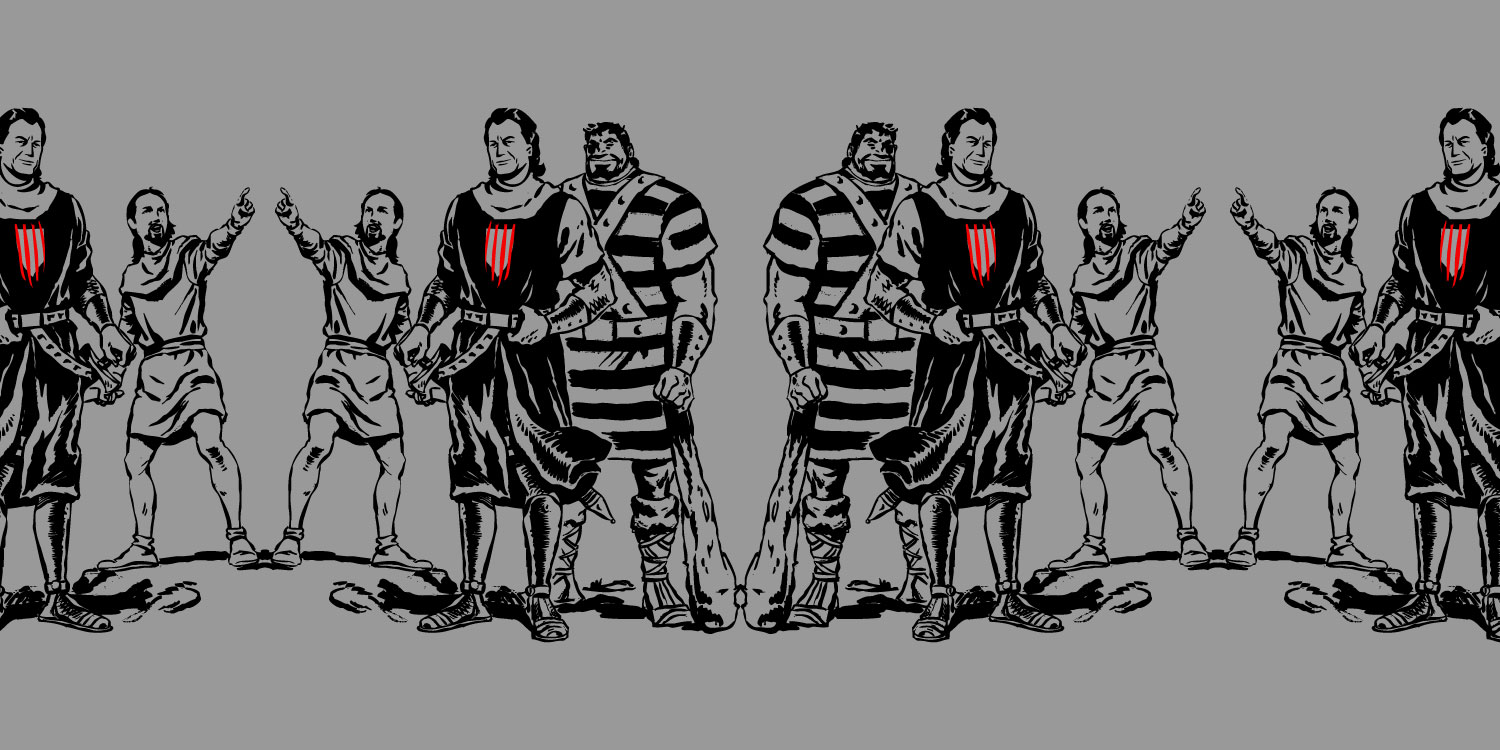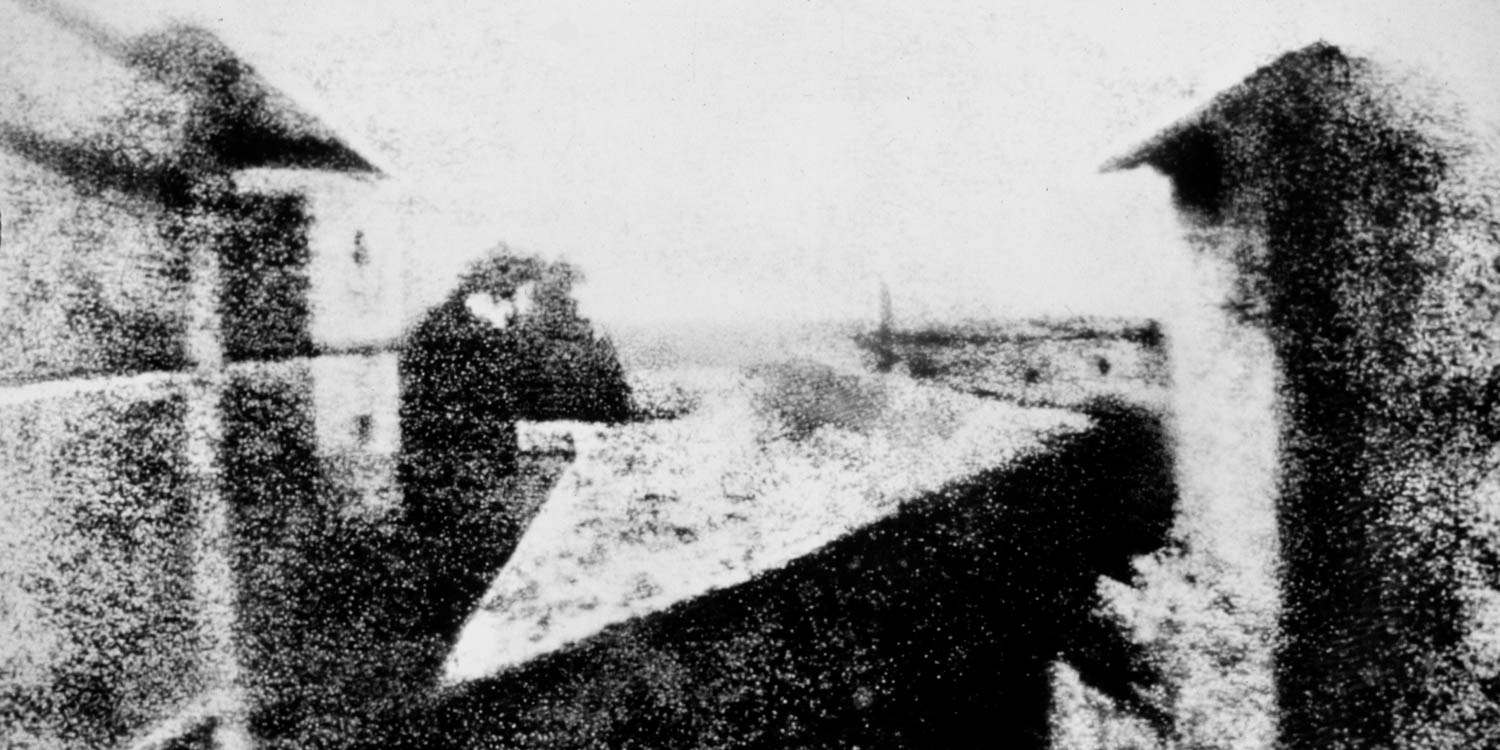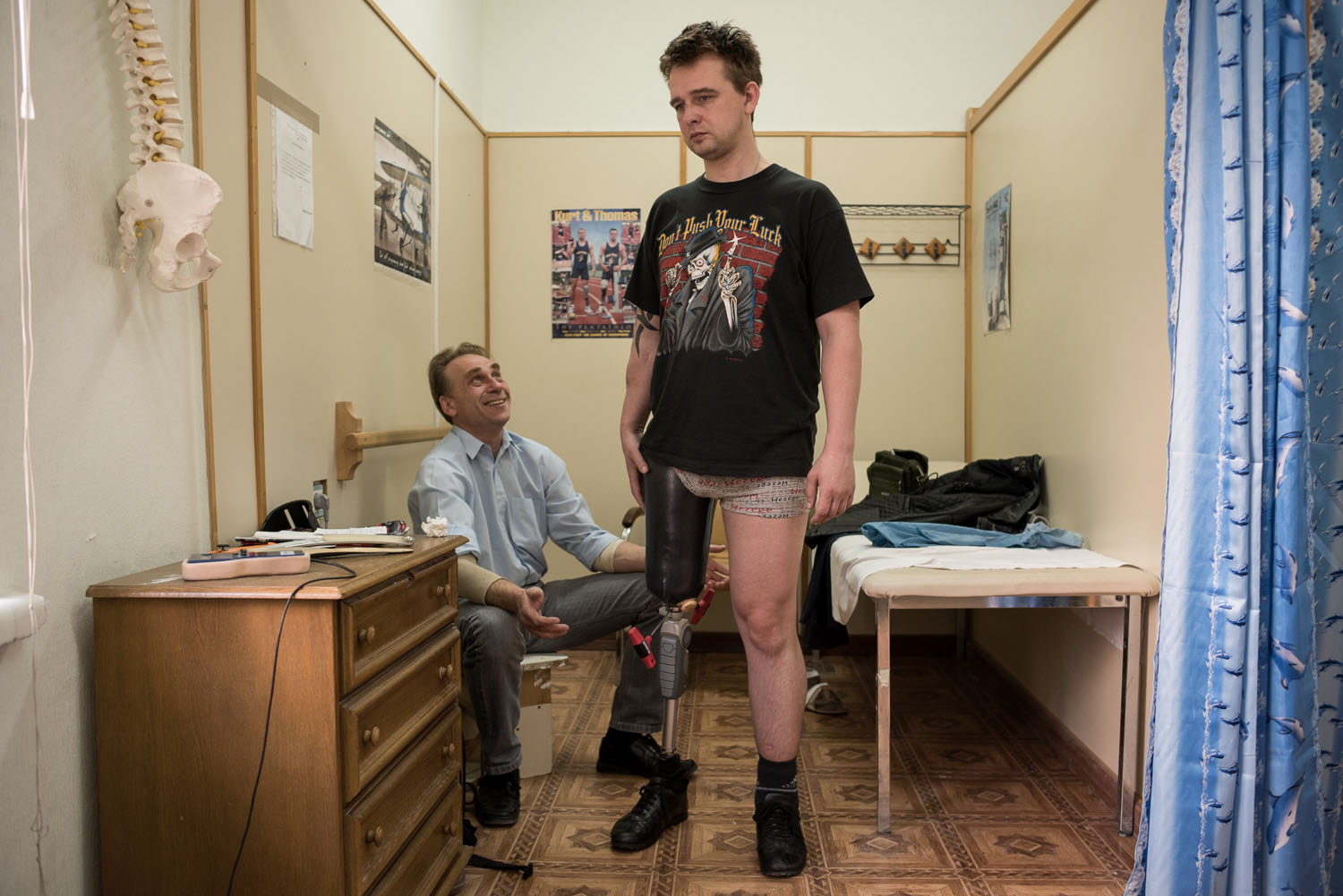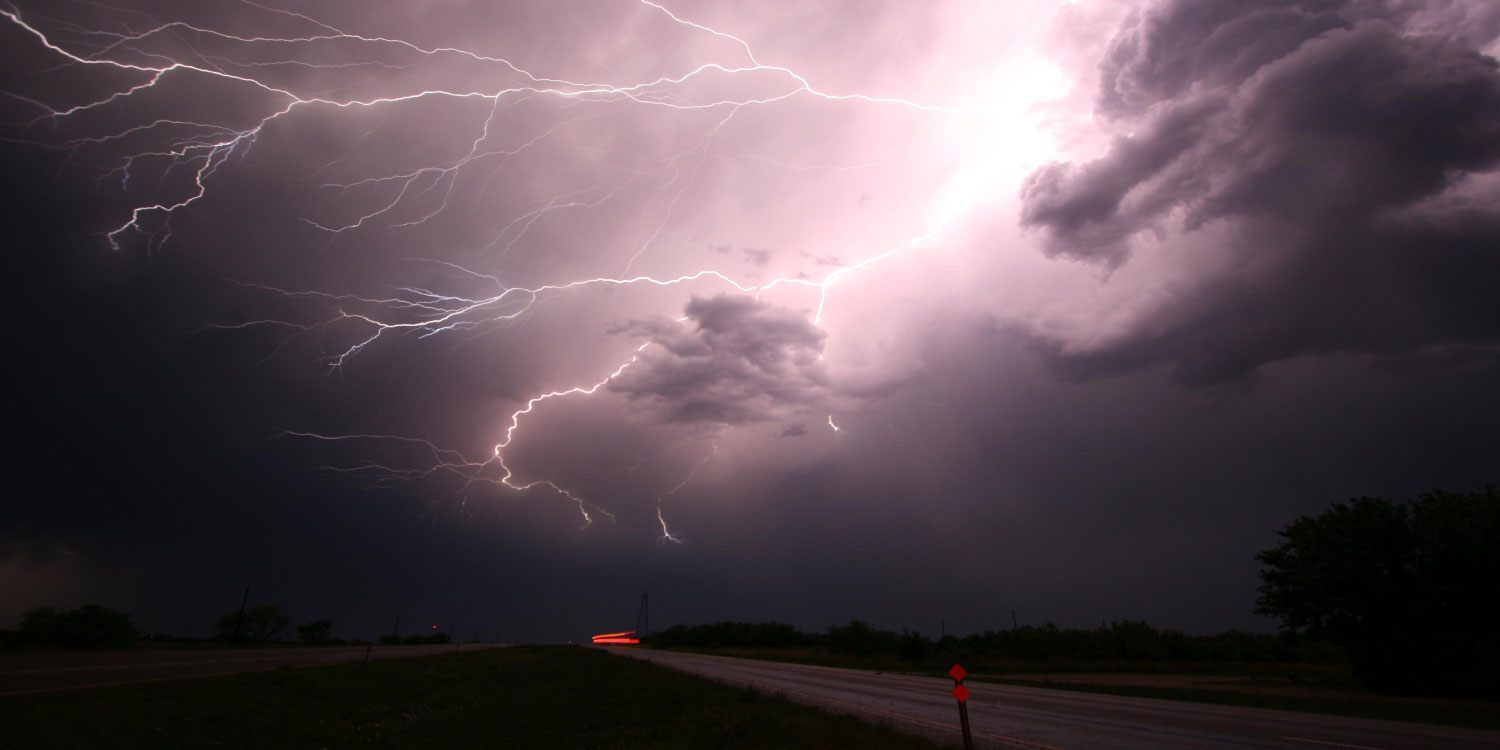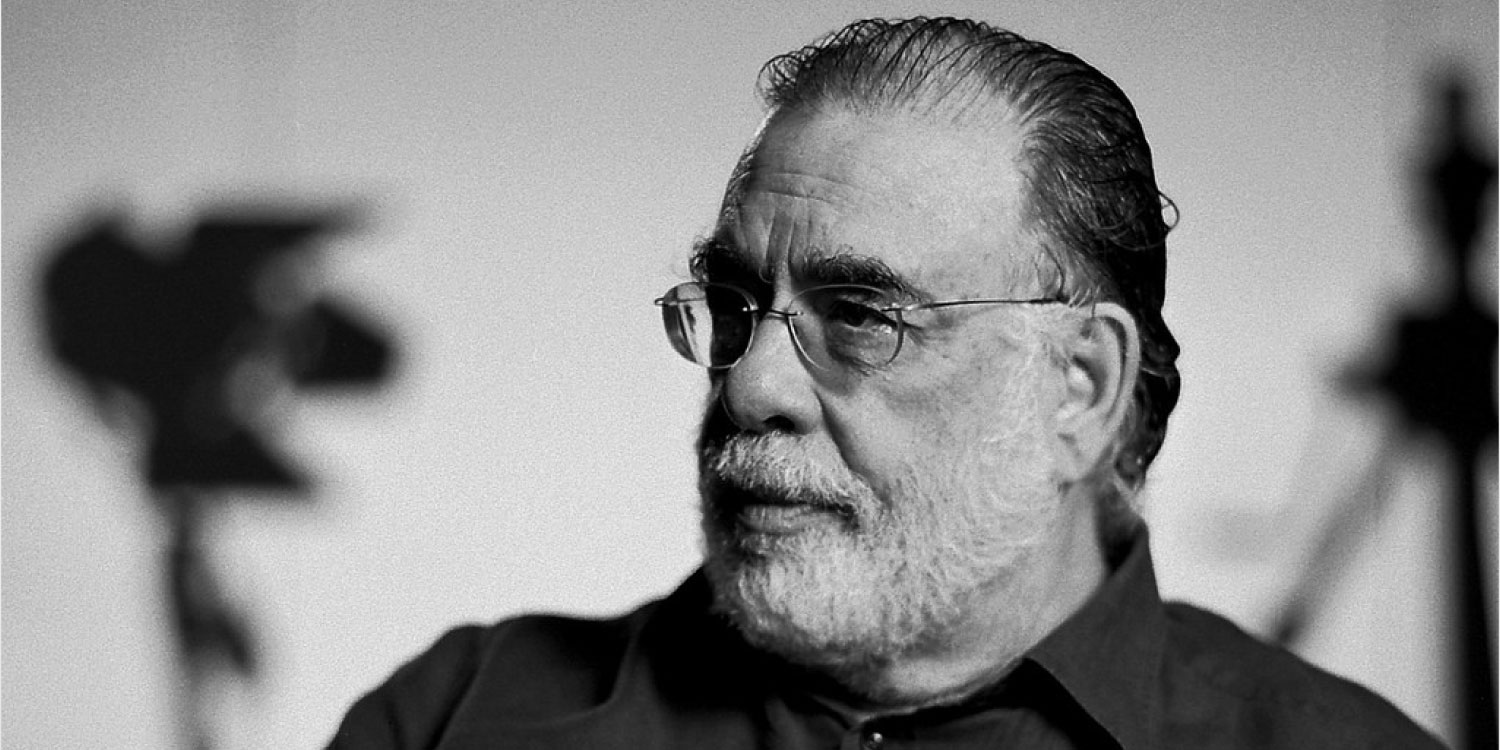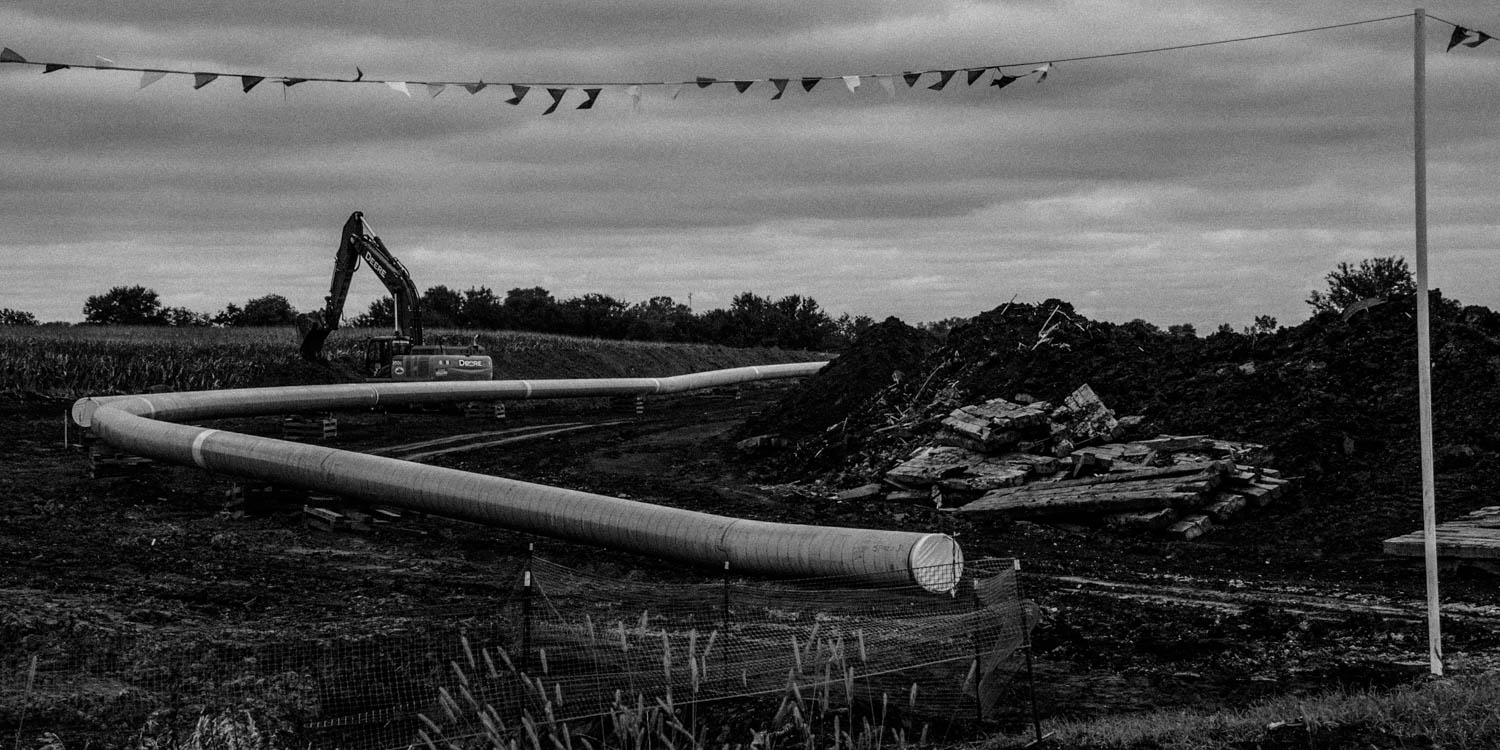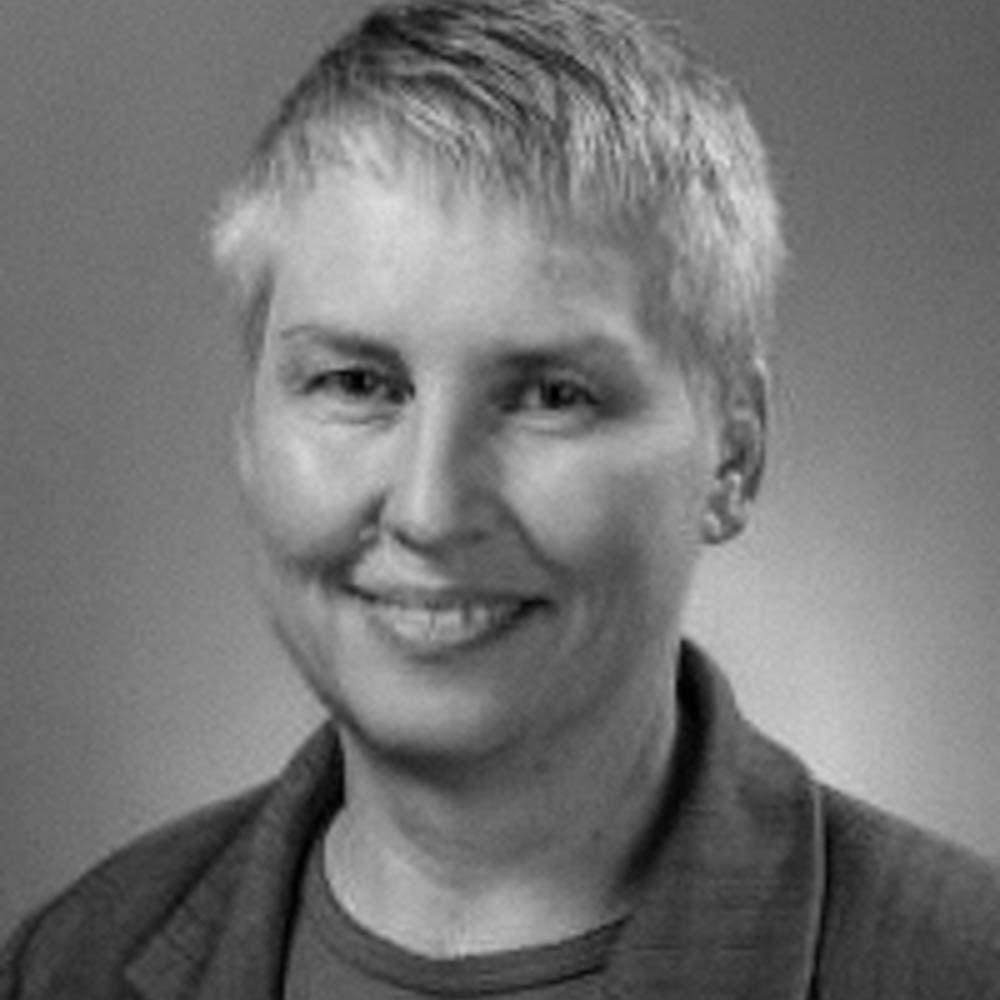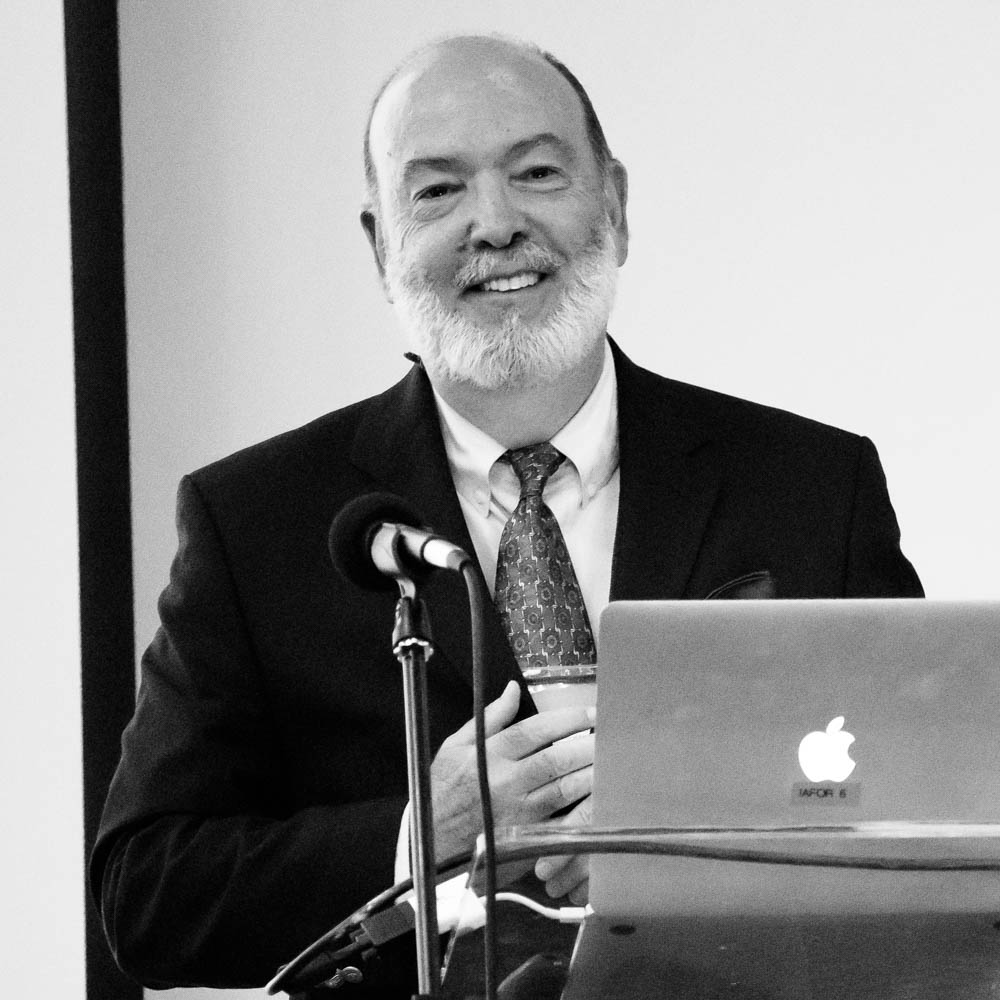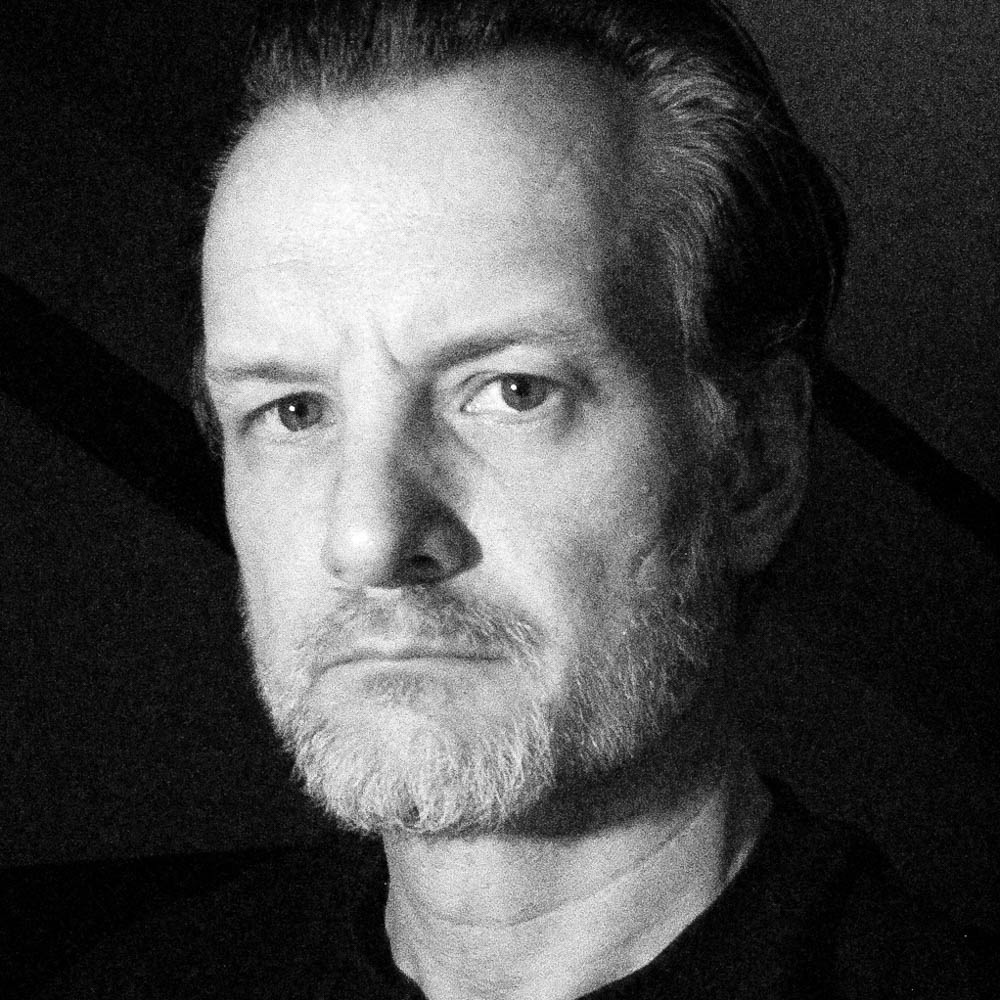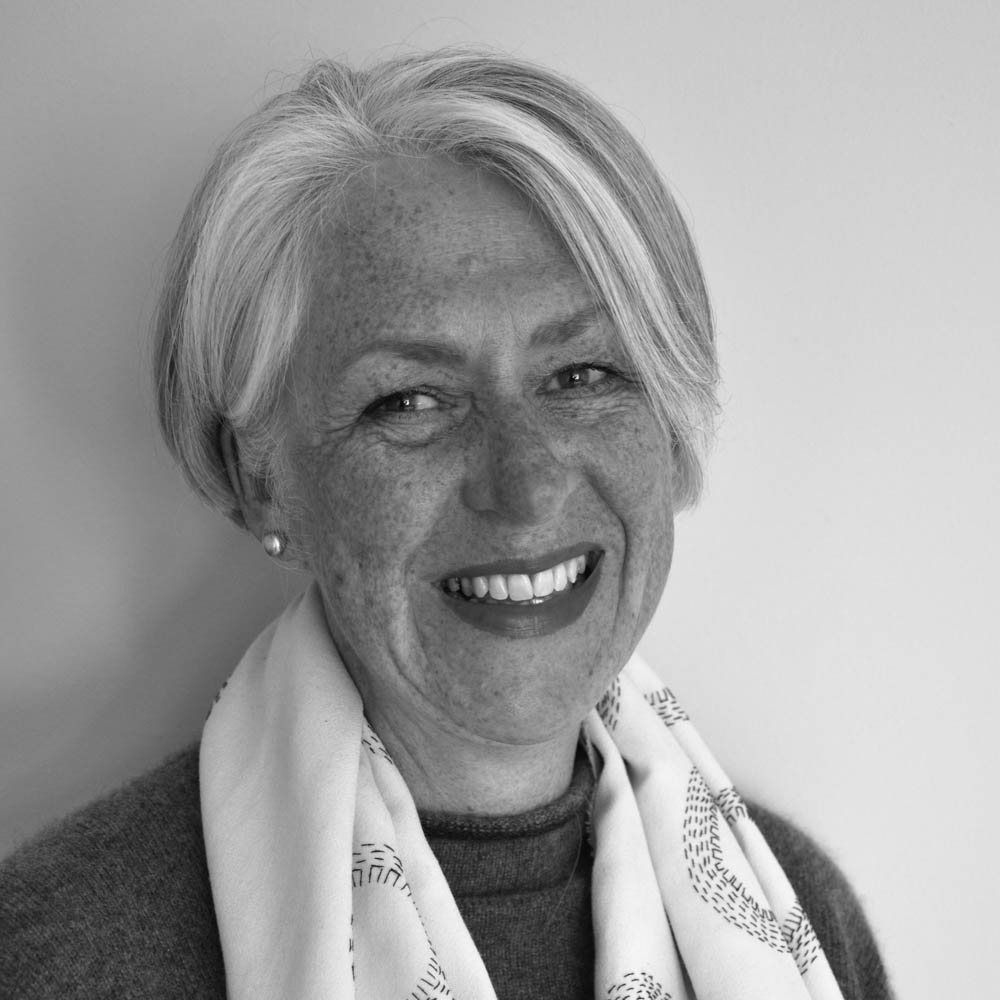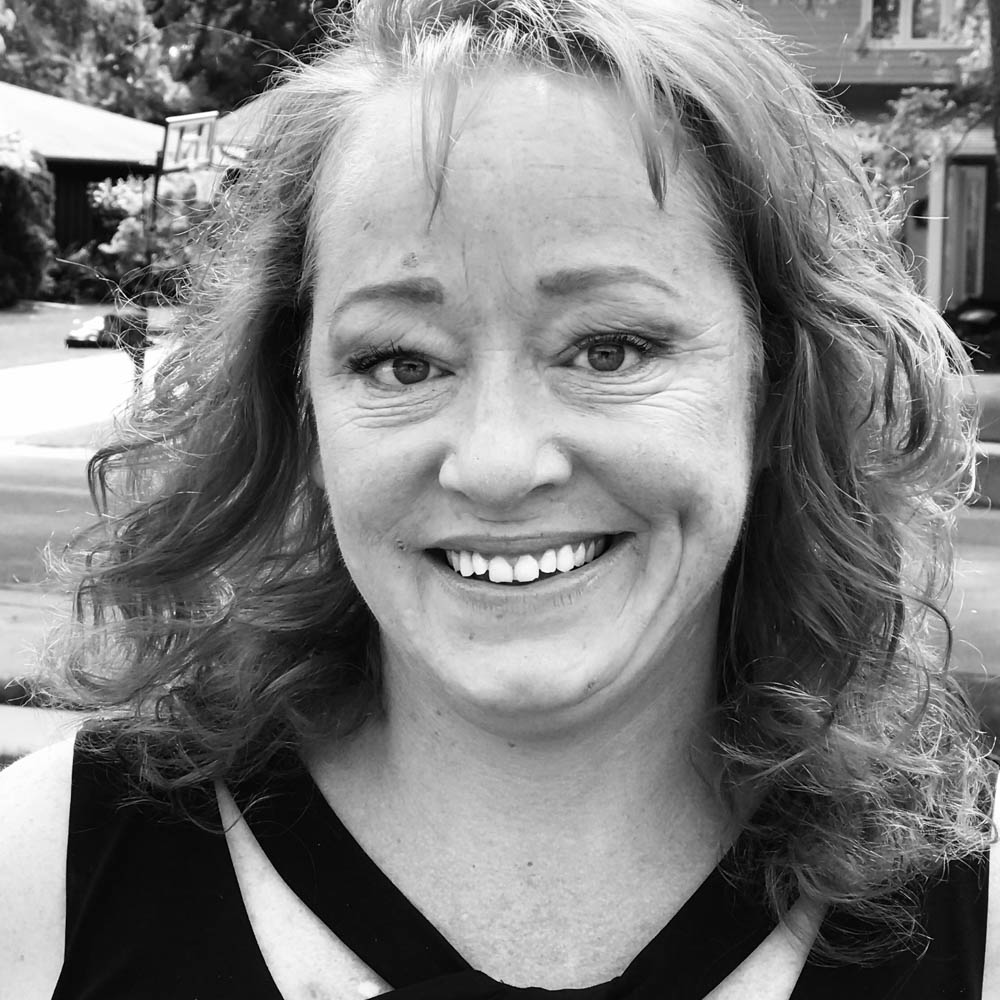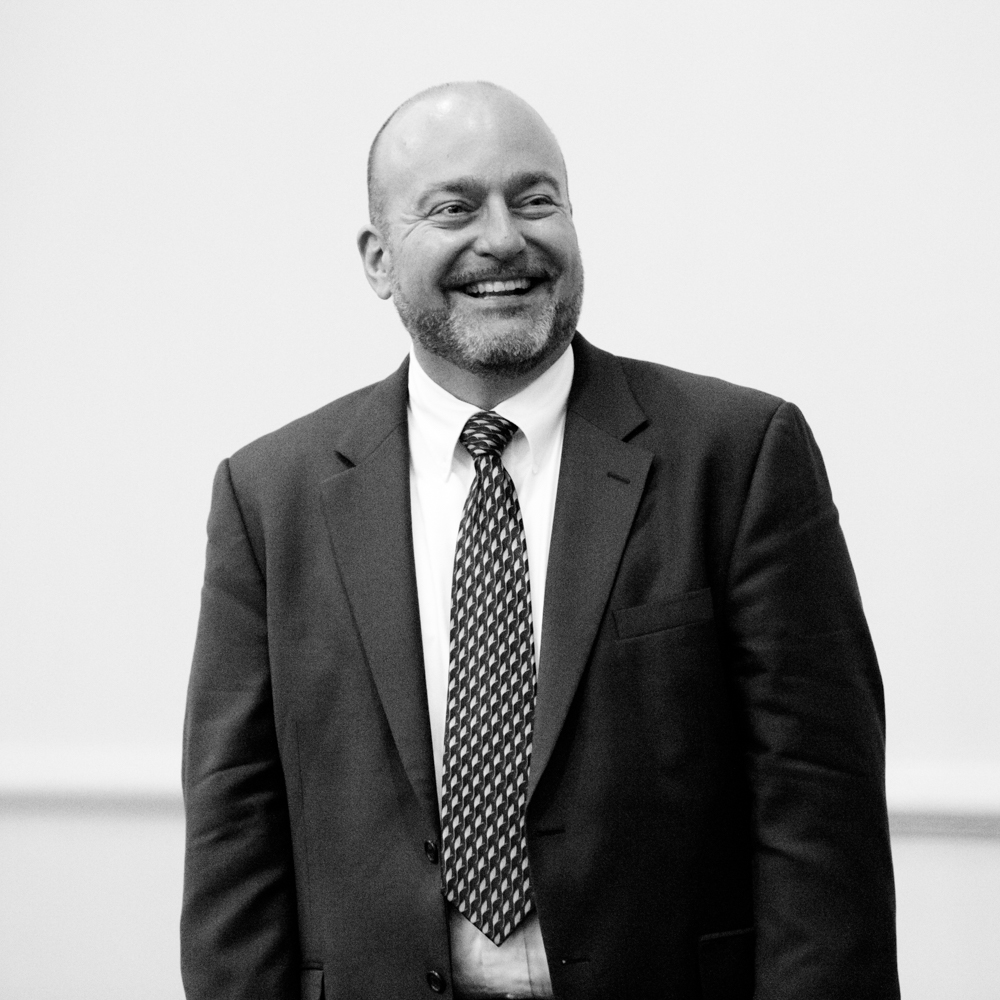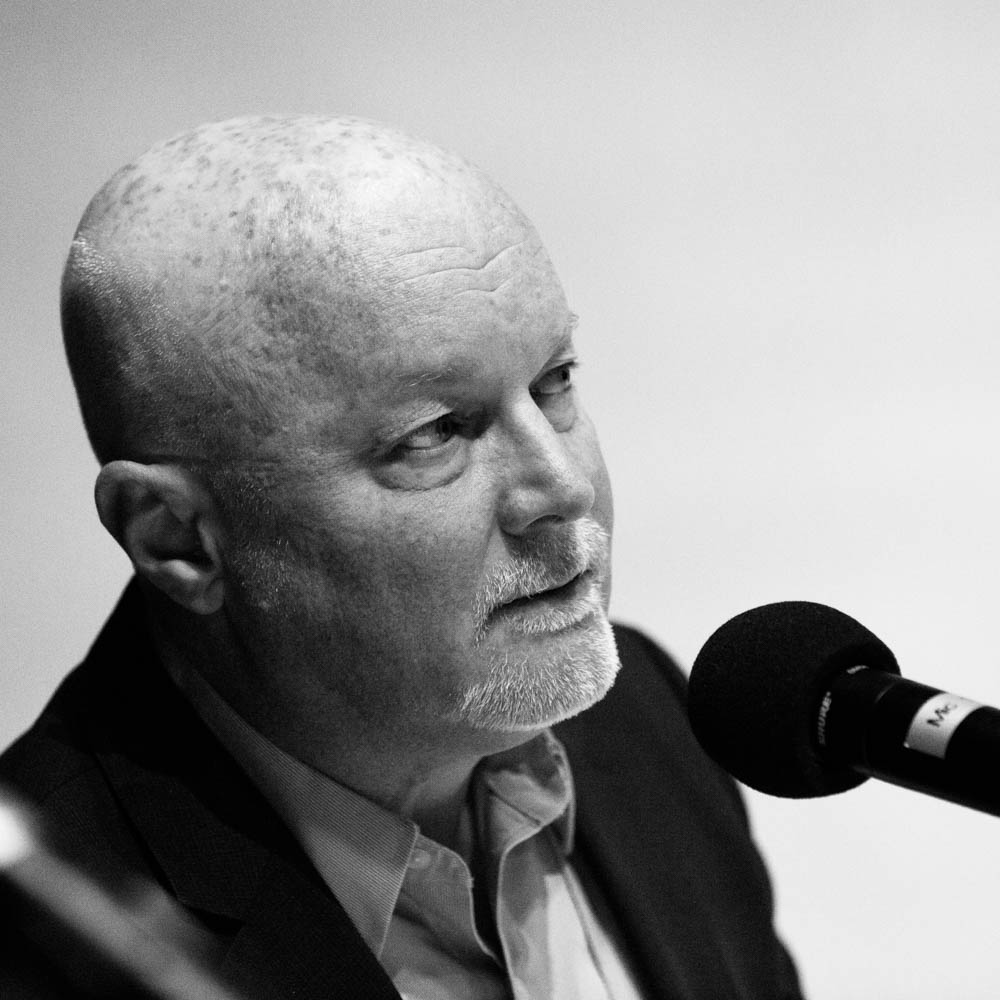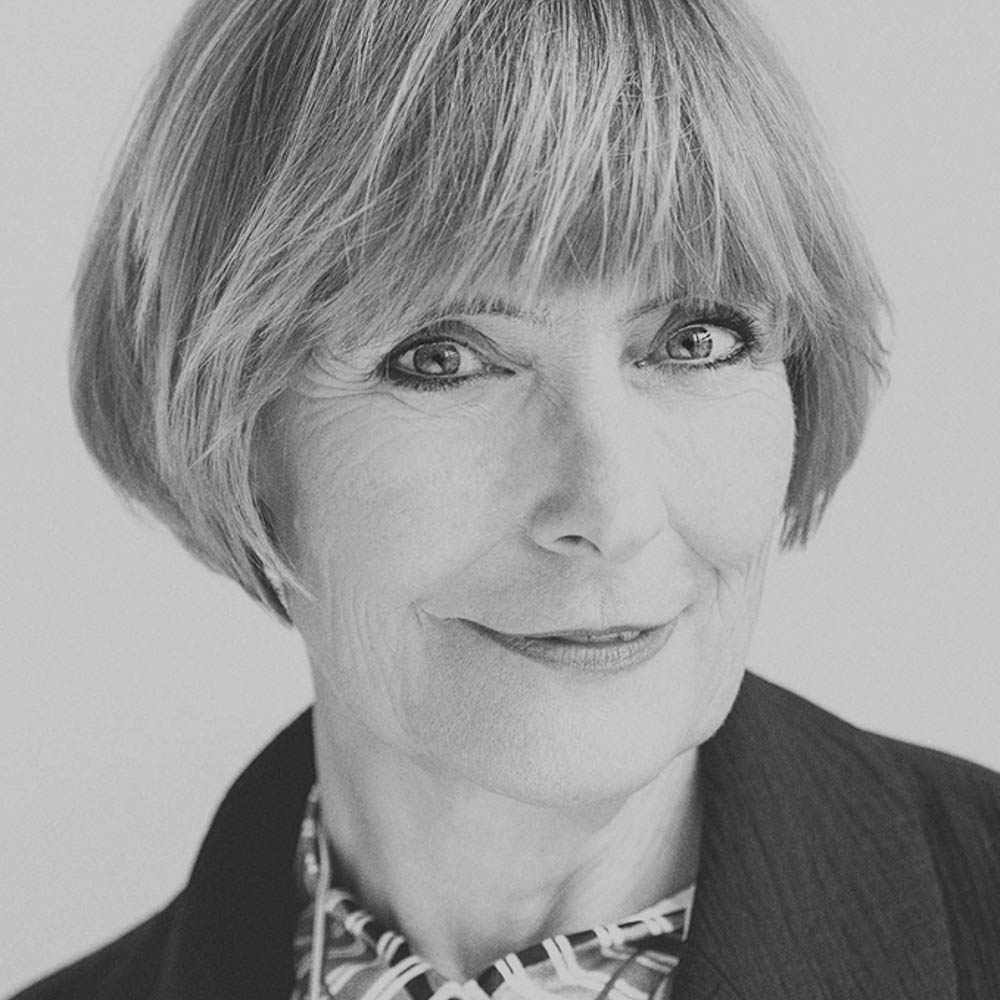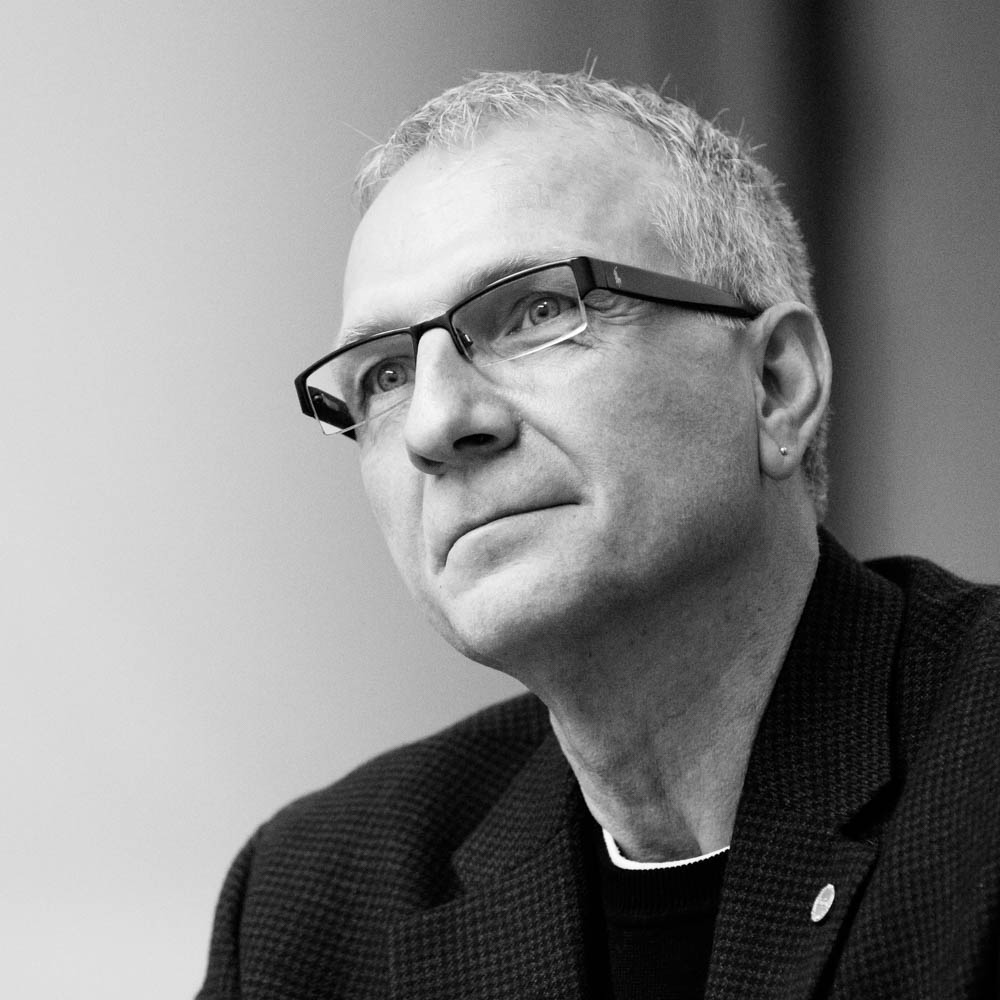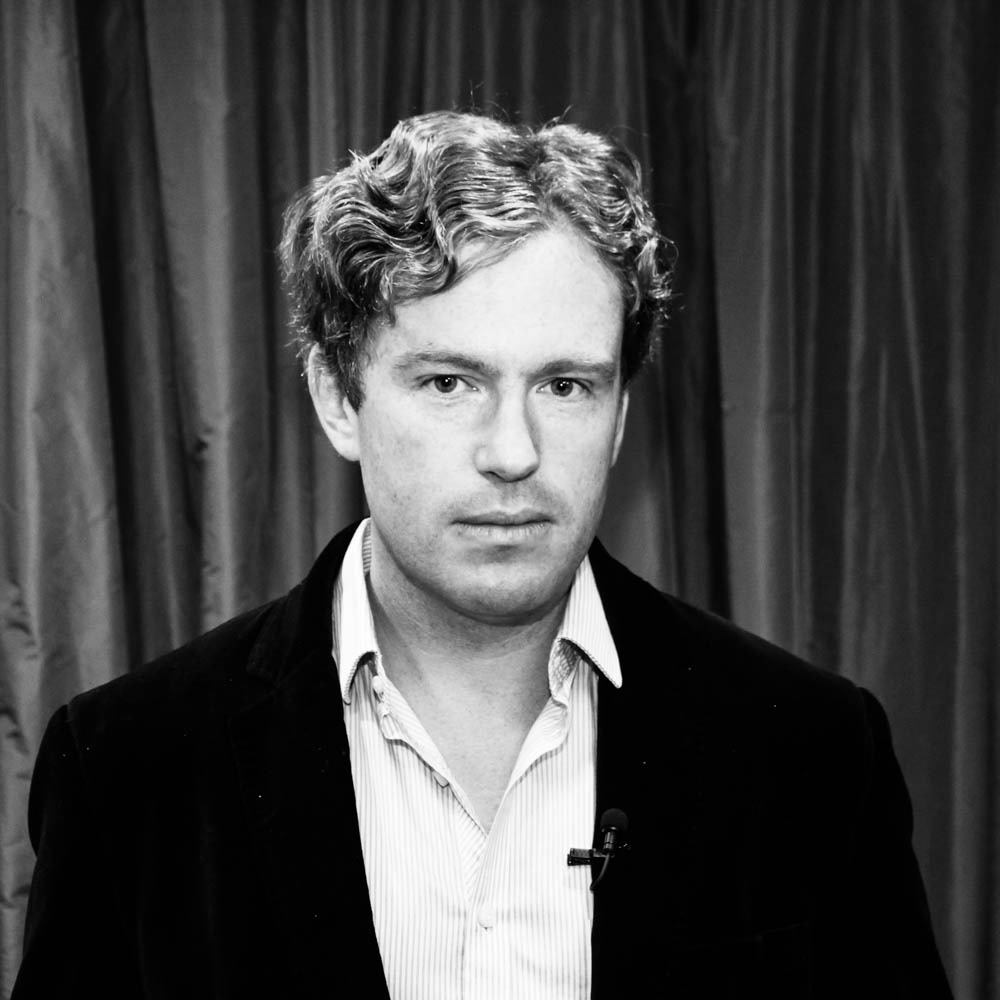
The European Conference on Media, Communication & Film 2017 (EuroMedia2017) Conference Photograph. Photography by IAFOR Media. Image copyright © IAFOR 2017
Conference Theme: "History, Story, Narrative"
July 11 – July 12, 2017 | The Jurys Inn Brighton Waterfront, Brighton, UK
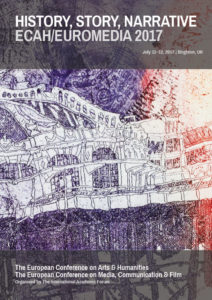 Historians are far from the only interested party in writing history. In a sense it is an interest we all share – whether we are talking politics, region, family birthright, or even personal experience. We are spectators to the process of history while being intimately situated within its impact and formations.
Historians are far from the only interested party in writing history. In a sense it is an interest we all share – whether we are talking politics, region, family birthright, or even personal experience. We are spectators to the process of history while being intimately situated within its impact and formations.
How, then, best to write it? Is it always the victor’s version? Have we not begun increasingly to write “history from below”, that lived by those who are not at the top of the power hierarchy? Are accounts of history always gender-inflected, hitherto, at least, towards men rather than women? Who gets to tell history if the issue is colonialism or class? How does geography, the power of place, intersect with history? What is the status of the personal story or narrative within the larger frame of events?
This conference addresses issues of writing history from literary and other discursive perspectives. That is to say: novels, plays, poems, autobiographies, memoirs, diaries, travel logs and a variety of styles of essay. One thinks of Shakespeare’s history plays, Tolstoy’s War and Peace, Shi Nai’an’s The Water Margin, Balzac’s La Comédie Humaine. It also addresses oral history, the spoken account or witness, the Hiroshima survivor to the modern Syrian migrant.
Which also connects to the nexus of media and history. The great “historical” films continue to hold us, be it Eisenstein’s October: Ten Days That Shook the World (1925) or Gone with the Wind (1940). We live in an age of documentaries, whether film or TV. There is a view that we also inhabit “instant” history, the download to laptop, the app, the all-purpose mobile. How has this technology changed our perception, our lived experience, of history? What is the role of commemoration, parade, holiday, festival or statuary in the writing of history?
The different modes by which we see and understand history, flow and counter-flow, nevertheless come back to certain basics.
One asks whether we deceive ourselves in always asking for some grand narrative. Can there only be one narrator or is history by necessity a colloquium, contested ground? Is national history a myth? And history-writing itself: is it actually a form of fiction, an artifice which flatters to deceive? What, exactly, is a historical fact?
EuroMedia2017 Conference Photographs
Human interaction is at the root of all knowledge creation, and hence the great importance of the conference in introducing, testing and spreading ideas through challenging, rigorous and thought provoking discussion and debate. But beyond that, a conference is also a great chance to meet people from around the world, and to extend and grow ones’s professional network, and above all, to make friends.
It may be impossible to tell the story of the conference, or rather the many hundreds of interlocking stories that go to make up the conference, but the documentary photography in this slideshow aims to give a taster of the more serious academic side of the event, as well as the lighter side…
[envira-album slug="euromedia2017-conference-photographs"]Programme
-
 Doing Music Theory in a Post-Tonal, Post-Ideological World: Cultural Absorption and the Undoing of Cultural HierarchiesSpotlight Presentation: Linda Schwartz
Doing Music Theory in a Post-Tonal, Post-Ideological World: Cultural Absorption and the Undoing of Cultural HierarchiesSpotlight Presentation: Linda Schwartz -
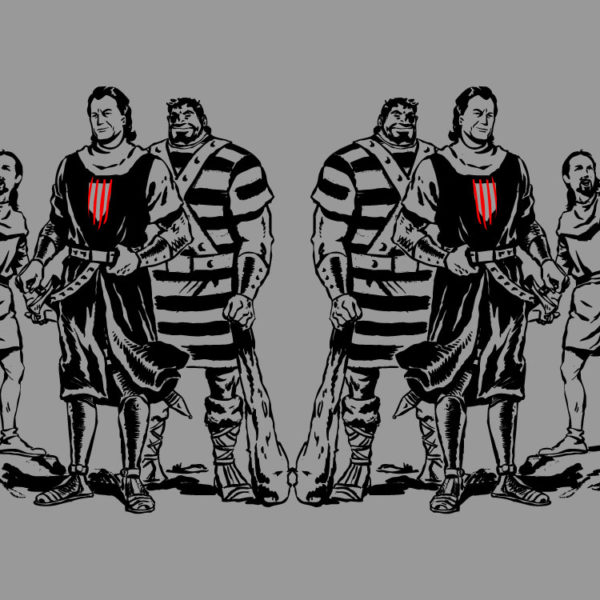 Re-Creating the Past: Fascist Comics and the Rehabilitation of HistorySpotlight Presentation: Alfonso J. García Osuna
Re-Creating the Past: Fascist Comics and the Rehabilitation of HistorySpotlight Presentation: Alfonso J. García Osuna -
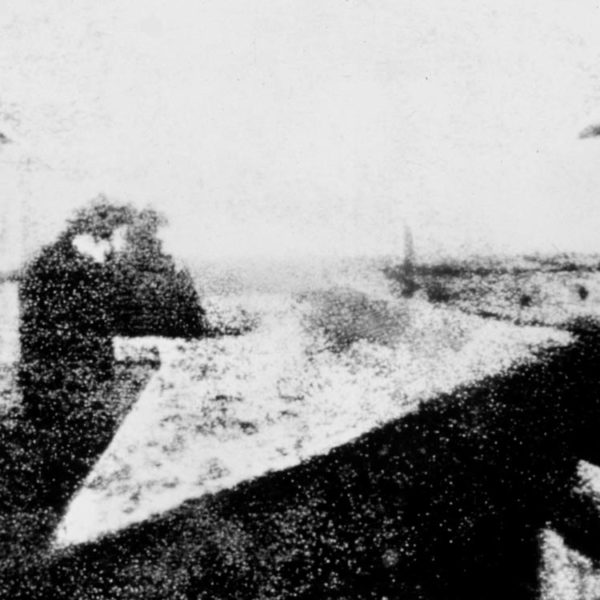 Testimonies of Light: Photography, Witnessing and HistoryKeynote Presentation: Paul Lowe
Testimonies of Light: Photography, Witnessing and HistoryKeynote Presentation: Paul Lowe -
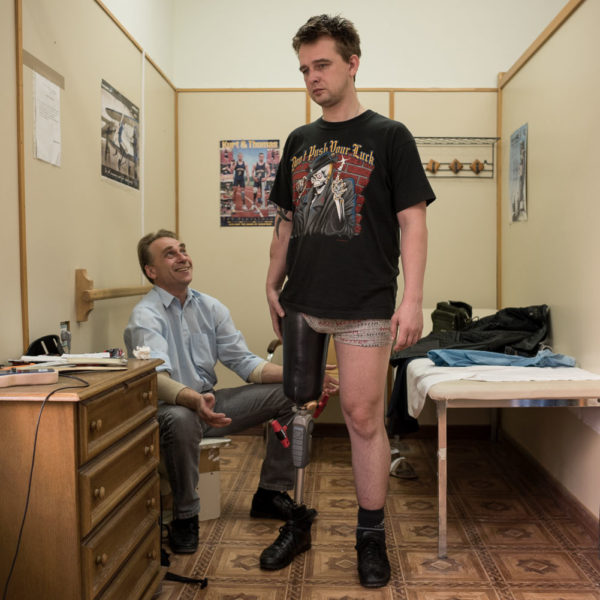 The IAFOR Documentary Photography Award – 2017 Winners AnnouncementFeatured Event
The IAFOR Documentary Photography Award – 2017 Winners AnnouncementFeatured Event -
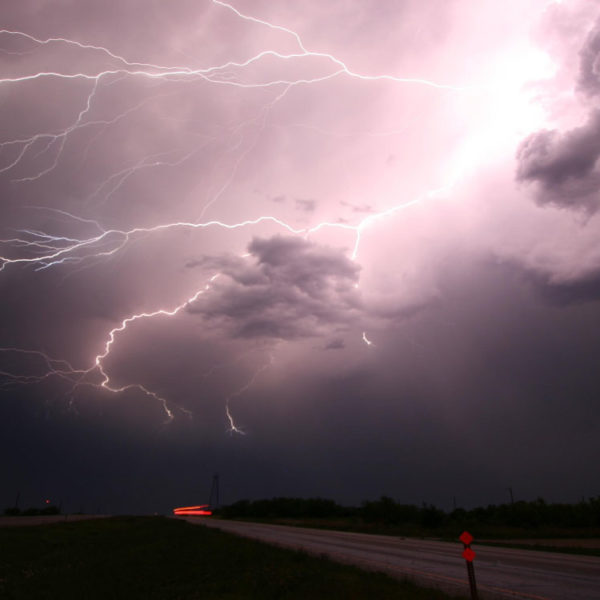 The Challenges of Doing Research and Creative Activity in the Arts and Humanities TodayFeatured Panel Presentation: Donald E. Hall & Anne Boddington
The Challenges of Doing Research and Creative Activity in the Arts and Humanities TodayFeatured Panel Presentation: Donald E. Hall & Anne Boddington -
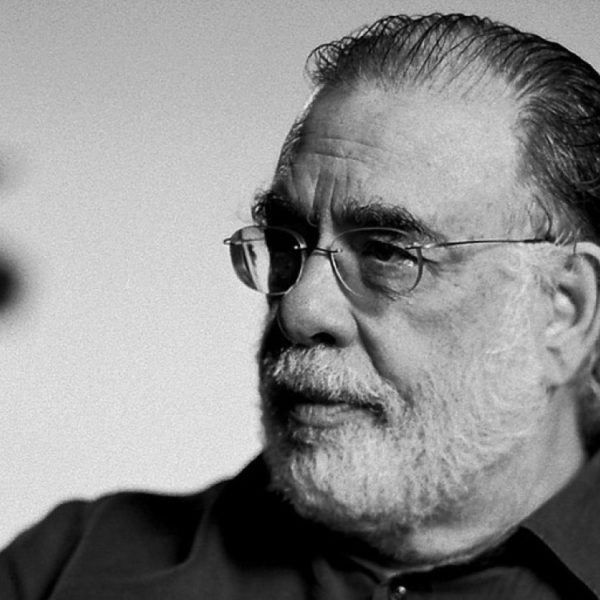 Mythologizing One’s Own History Through Narrative: Francis Coppola’s TetroFeatured Presentation: Rodney F. Hill
Mythologizing One’s Own History Through Narrative: Francis Coppola’s TetroFeatured Presentation: Rodney F. Hill -
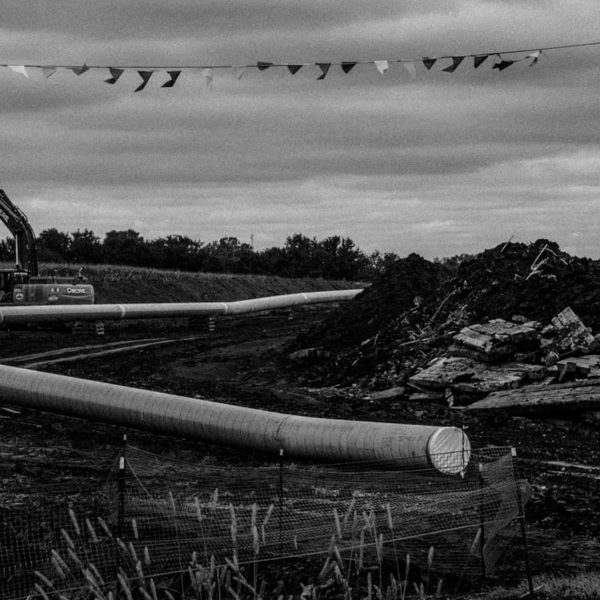 Water Protectors or Protesters: Examining Media Coverage of the Dakota Pipeline ProtestsSpotlight Presentation: Kimberly Cowden
Water Protectors or Protesters: Examining Media Coverage of the Dakota Pipeline ProtestsSpotlight Presentation: Kimberly Cowden
Speakers
-
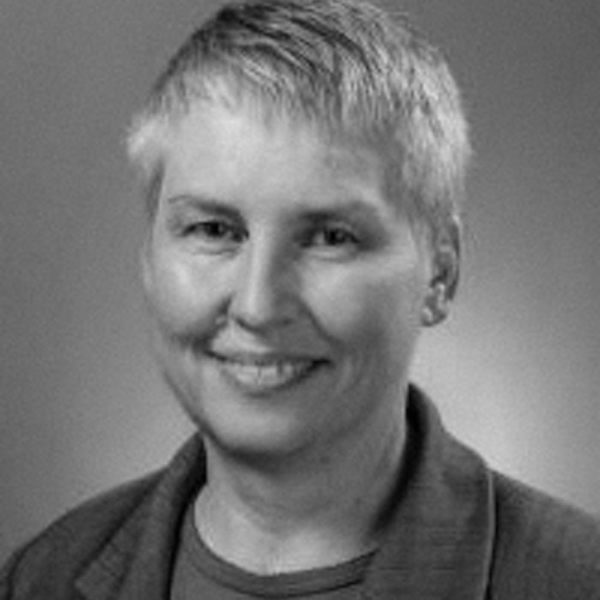 Linda SchwartzAmbrose University, Canada
Linda SchwartzAmbrose University, Canada -
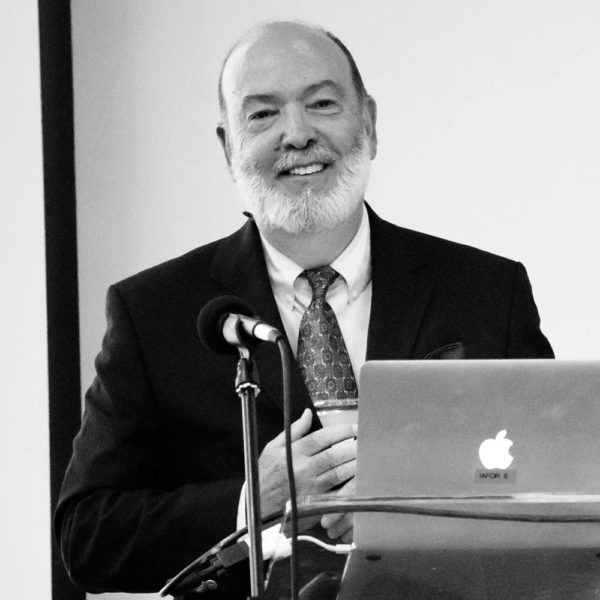 Alfonso J. García OsunaHofstra University, USA
Alfonso J. García OsunaHofstra University, USA -
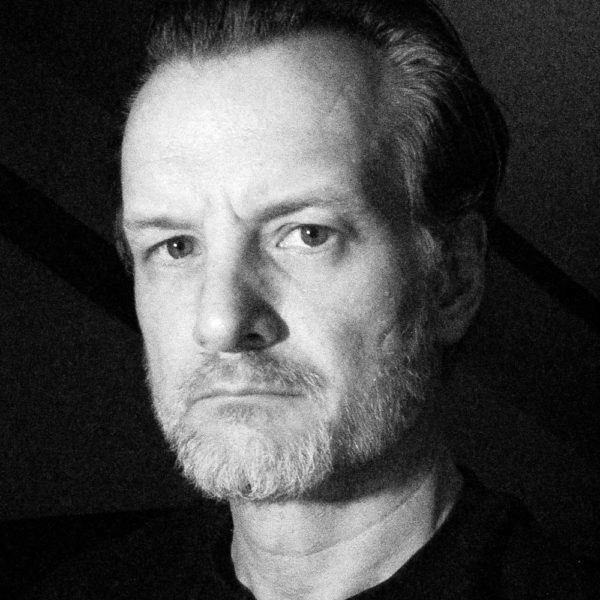 Paul LoweLondon College of Communication, University of the Arts London, UK
Paul LoweLondon College of Communication, University of the Arts London, UK -
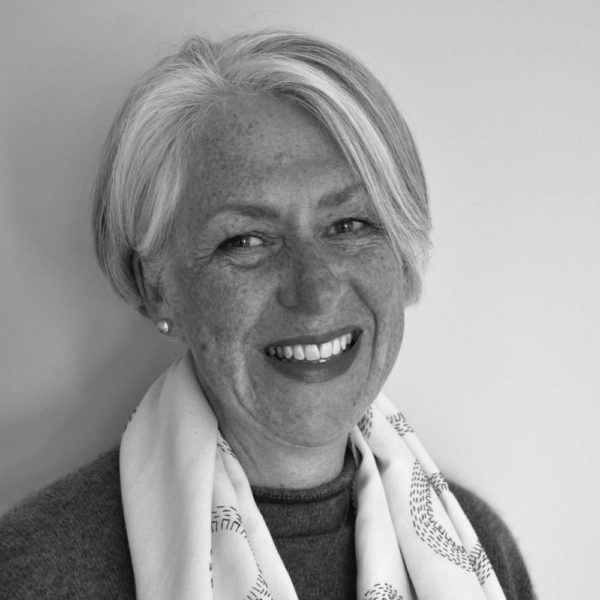 Amanda BrightUniversity of Brighton, UK
Amanda BrightUniversity of Brighton, UK -
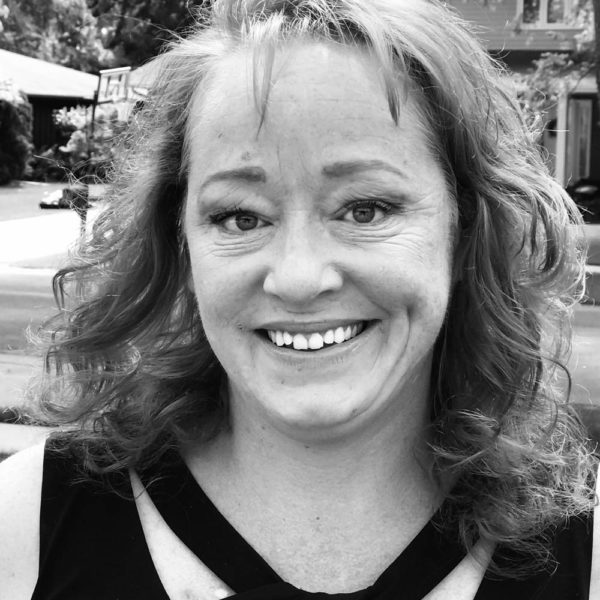 Kimberly CowdenColorado State University – Pueblo, USA
Kimberly CowdenColorado State University – Pueblo, USA -
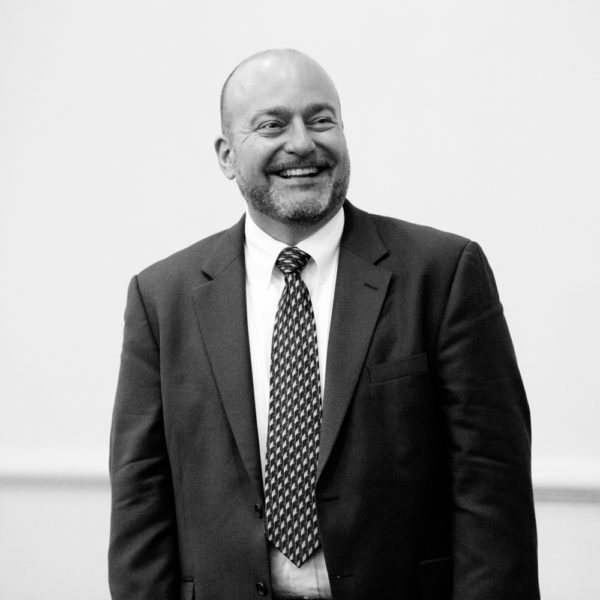 Rodney F. HillHerbert School of Communication, Hofstra University, USA
Rodney F. HillHerbert School of Communication, Hofstra University, USA -
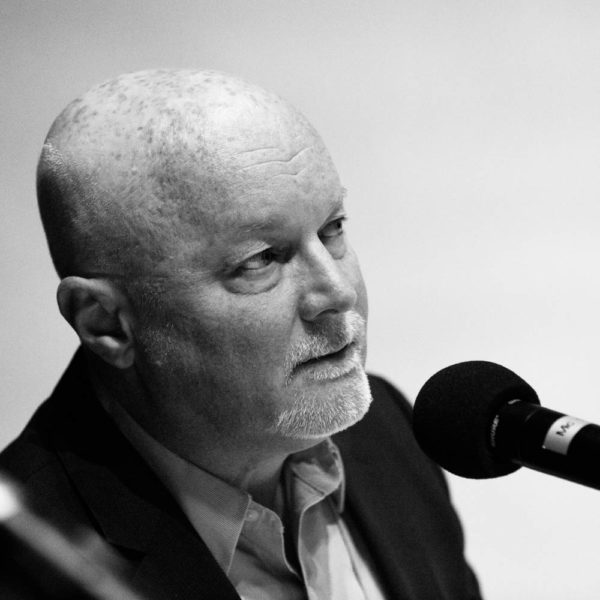 Donald E. HallLehigh University, USA
Donald E. HallLehigh University, USA -
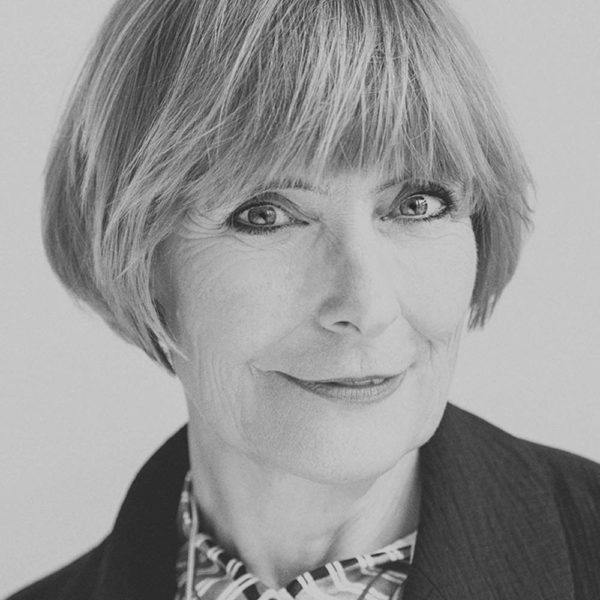 Anne BoddingtonUniversity of Brighton, UK
Anne BoddingtonUniversity of Brighton, UK
Organising Committee
The Conference Programme Committee is composed of distinguished academics who are experts in their fields. Conference Programme Committee members may also be members of IAFOR's International Academic Board. The Organising Committee is responsible for nominating and vetting Keynote and Featured Speakers; developing the conference programme, including special workshops, panels, targeted sessions, and so forth; event outreach and promotion; recommending and attracting future Conference Programme Committee members; working with IAFOR to select PhD students and early career academics for IAFOR-funded grants and scholarships; and overseeing the reviewing of abstracts submitted to the conference.
-
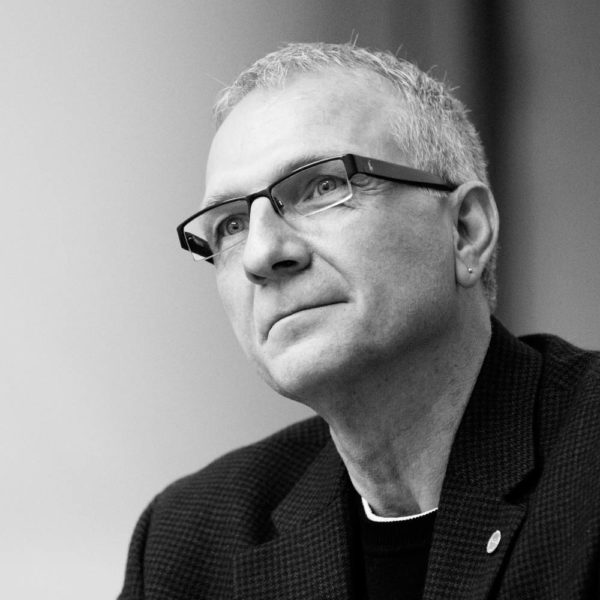 Gary E. SwansonUniversity of Northern Colorado, USA (fmr.)
Gary E. SwansonUniversity of Northern Colorado, USA (fmr.) -
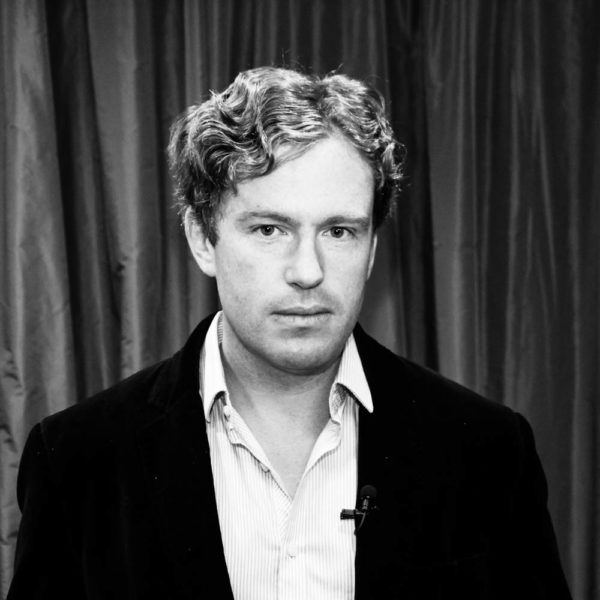 James RowlinsSingapore University of Technology and Design, Singapore
James RowlinsSingapore University of Technology and Design, Singapore -
 Rodney F. HillHerbert School of Communication, Hofstra University, USA
Rodney F. HillHerbert School of Communication, Hofstra University, USA -
 Donald E. HallLehigh University, USA
Donald E. HallLehigh University, USA -
 Anne BoddingtonUniversity of Brighton, UK
Anne BoddingtonUniversity of Brighton, UK -
 Joseph HaldaneThe International Academic Forum (IAFOR), Japan
Joseph HaldaneThe International Academic Forum (IAFOR), Japan
Review Committee
EuroMedia2017 Review Committee
- Dr Adem Ayten, Istanbul Aydin University, Turkey
- Dr Alexander Klemm, Webster University, Thailand
- Dr Alicja Fijalkowska, University of Warsaw, Poland
- Professor Angeliki Monnier, University of Lorraine, France
- Dr Jackie Raphael, Curtin University, Australia
- Dr Lucyann Kerry, Middlesex University Dubai, UAE
- Professor Melissa Lee Price, Zayed University, UAE
- Dr Nihan Gider Isikman, Baskent University, Turkey
- Dr Rasha El-Ibiary, Future University in Egypt, Egypt
- Professor Rebecca Lind, University of Illinois at Chicago, United States
- Dr Shulin Chiang, Chinese Culture University, Taiwan
ECAH2017 Review Committee
- Dr A W Brian De Silva, RMIT University, Australia
- Dr Alexander Klemm, Webster University, Thailand
- Professor Amany Ismail, Fine Arts Faculty, Alexandria University, Egypt
- Dr Anna Hamling, UNB, Canada
- Professor Iryna Morozova, Odesa Mechnikov National University, Ukraine
- Dr Halia Koo, Memorial University of Newfoundland, Canada
- Dr Itishri Sarangi, Kiit University, India
- Dr Janet Crosier, Springfield College, USA
- Dr Lily Zamir, The David Yellin Academic College of Education, Israel
- Dr Maria Figueredo, York University, Canada
- Dr Marios Kostas, UCL Institute of Education, UK
IAFOR's peer review process, which involves both reciprocal review and the use of Review Committees, is overseen by conference Organising Committee members under the guidance of the Academic Governing Board. Review Committee members are established academics who hold PhDs or other terminal degrees in their fields and who have previous peer review experience.
If you would like to apply to serve on the EuroMedia2019 Review Committee, please visit our application page.


